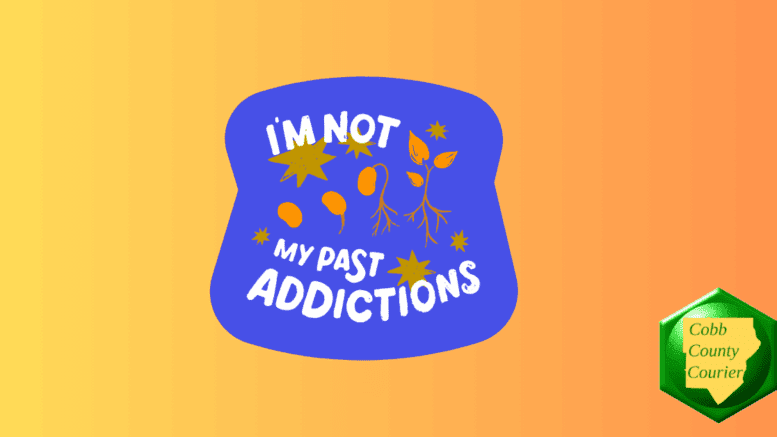September is National Recovery Month
By Melanie Dallas, LPC
Have you ever met someone who is living in recovery? Chances are you have. According to the Substance Abuse and Mental Health Services Administration (SAMHSA), there are more than 50 million Americans with mental health and/or substance use disorders that consider themselves to be living in recovery.
In our state, the Georgia Council on Recovery reports there are nearly 1 million individuals living in recovery with substance use disorder. Although that number does not include those living in recovery with mental illness, or account for individuals who might live with both, I think we could safely say that more than one in 10 Georgians lives in recovery.
So you have very likely met someone living in recovery, although you may not have known it, or even suspected it, unless they told you. Some individuals are very upfront about having achieved a life in recovery, while others might prefer to keep that information private, at least at first. Sometimes, it might come up in the course of conversation as you get to know someone better.
Unfortunately, there continues to be a lot of misunderstanding of both mental illness and substance use disorders – some individuals might feel that revealing they are in recovery may open them up to the judgment of others, not about their present, but about their past. That’s a shame – because it is the present, the life in recovery, that really matters.
The fact is, you can’t tell someone is in recovery simply by looking at them, because they seem just like you and me – maybe working at a job, or teaching school, or sitting next to you at your child’s football practice or dance class. Sometimes, though, when I am out in the community and wearing a Highland Rivers shirt, people will tell me they are in recovery, and also about their experiences with mental illness, substance use, trauma and so much more. I am constantly amazed at the challenges people have overcome in their lives. That is the power of recovery.
SAMHSA has a perspective about recovery on its website, words I feel are worth quoting here: “The process of recovery is highly personal and occurs via many pathways. It may include clinical treatment, medications, faith-based approaches, peer support, family support, self-care, and other approaches.” And that, “recovery is characterized by continual growth and improvement in one’s health and wellness and managing setbacks. Because setbacks are a natural part of life, resilience becomes a key component of recovery.”
This is similar to the definition from the Department of Behavioral Health and Developmental Disabilities, which describes recovery, in part, as a “deeply personal, self-determined journey where an individual strives to reach their full potential by improving their health and wellness, taking responsibility for their life, and pursuing a fulfilling, contributing life.”
While there may be a lot of unpack in both perspectives, what I think is important is that recovery is a personal and self-determined journey, and that an individual focuses on improving health and wellbeing and reaching his or her full potential.
What I think is perhaps most important is that these principles can be used by anyone – even without a mental health or substance use disorder – to become the best person he or she can be. From that perspective, recovery is much more than seeing a therapist, or being prescribed medication, or stopping using substances (though all of those things can be crucial) – it is a way of life. And it is a way of life everyone can embrace.
So the next time you meet someone who shares with you that he or she is in recovery, be sure to congratulate them. We all want to be our best selves, and the principles of recovery provide a helpful framework – just ask anyone who has made the journey.
Melanie Dallas is a licensed professional counselor and CEO of Highland Rivers Behavioral Health, which provides treatment and recovery services for individuals with mental illness, substance use disorders, and intellectual and developmental disabilities in a 13-county region of northwest Georgia that includes Bartow, Cherokee, Cobb, Floyd, Fannin, Gilmer, Gordon, Haralson, Murray, Paulding, Pickens, Polk and Whitfield counties.
